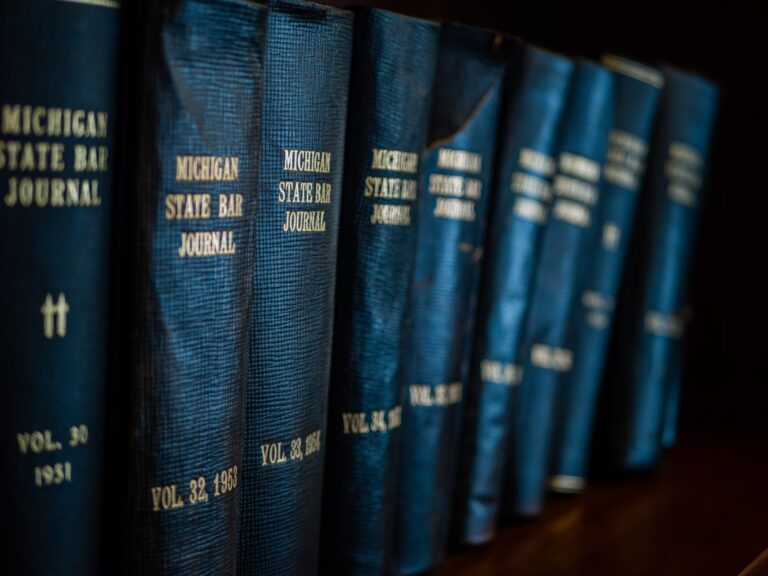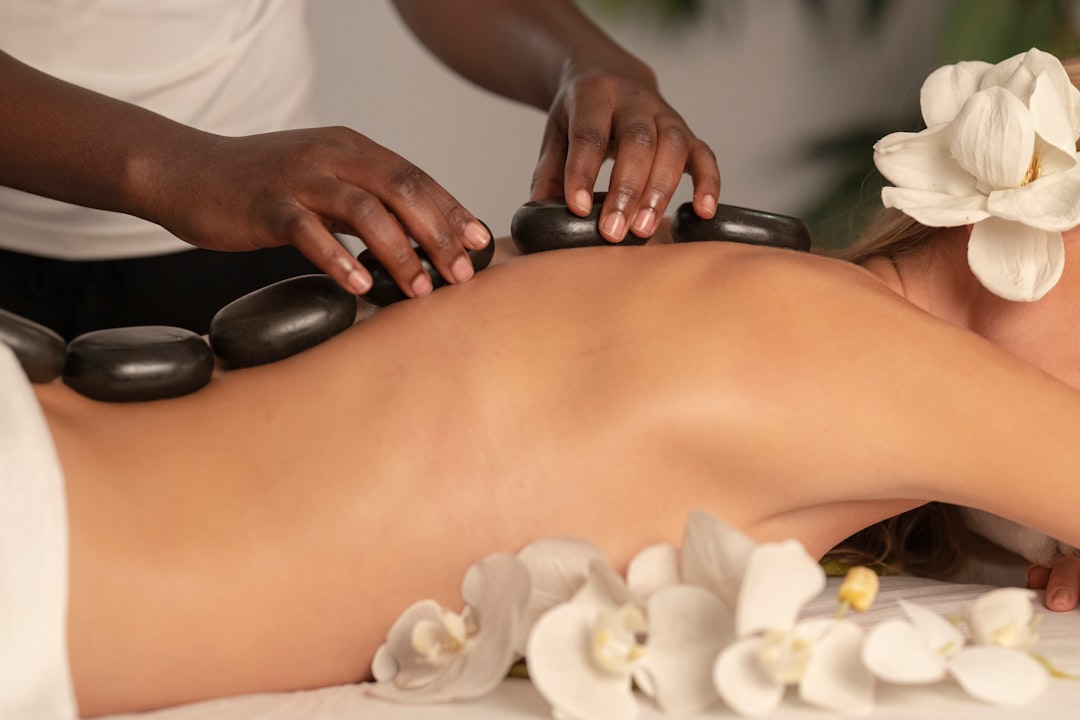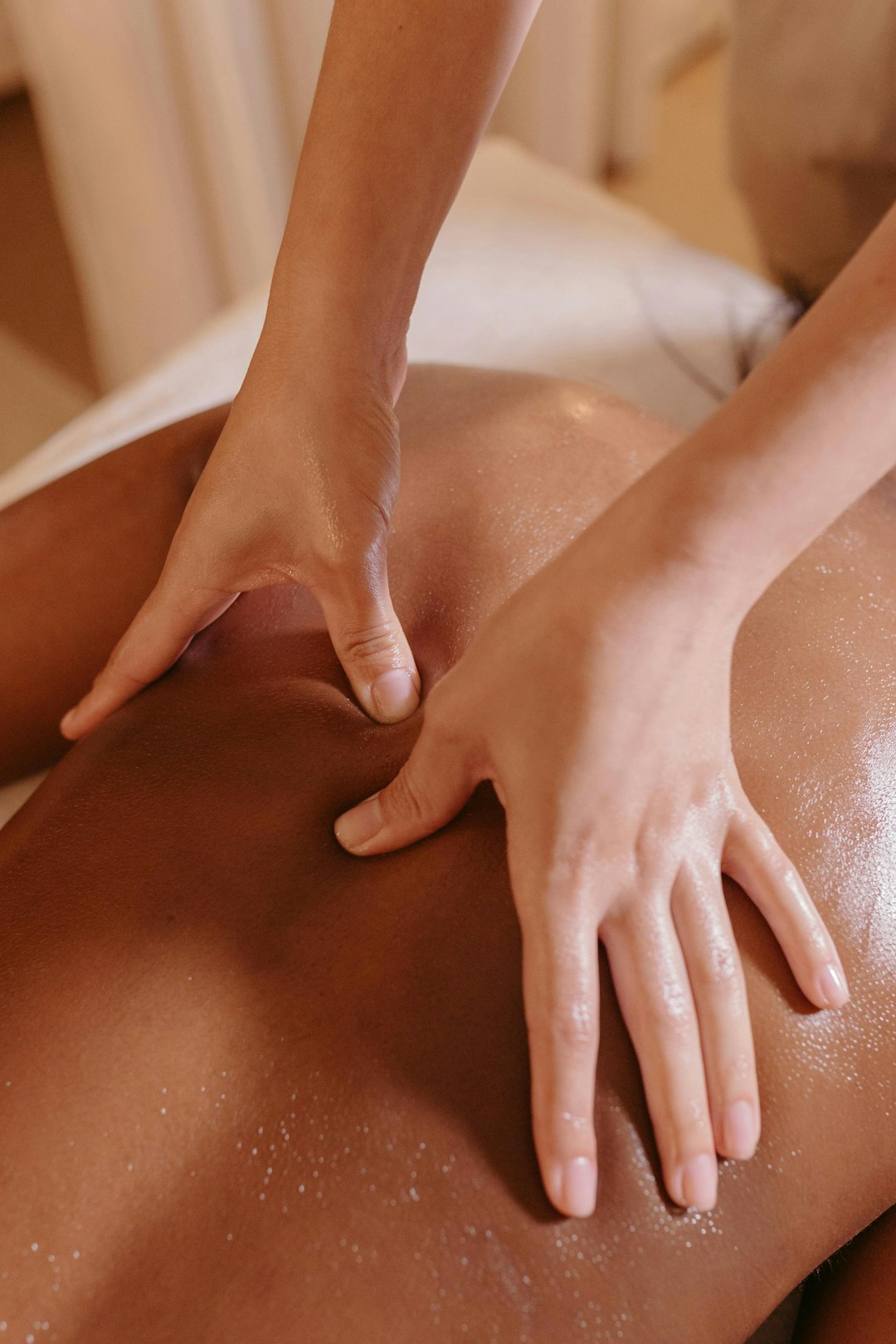The COVID-19 pandemic prompted California to implement temporary spa licensing adjustments, including online training for massage therapists and enhanced sanitation protocols, to protect clients and address concerns about massage abuse. The crisis highlighted the need for better infection control and safety standards in the industry, with massage abuse law firms in California advocating for stricter regulations. Spas adopted strict health protocols, focusing on client protections against abuse, while legal guidance from these firms ensured rights were upheld during challenging times. The pandemic led to increased complaints of massage abuse, pressuring authorities to strengthen industry regulations and create a safer environment.
“The global pandemic of COVID-19 has reshaped countless aspects of our lives, including the wellness industry. In California, the impact on massage spas and their regulations is a topic of growing importance. This article explores the evolving landscape of spa licensing, training protocols, and health safety measures in response to the crisis. We delve into legal protections for clients, a surge in massage abuse complaints, and how these changes are shaping the future of the industry. For Californians seeking safe and regulated services, understanding these shifts is crucial, especially with the assistance of dedicated massage abuse law firms.”
Changes in Spa Licensing Requirements

During the COVID-19 pandemic, California took swift action to ensure public safety while also implementing temporary adjustments to spa licensing requirements. One notable change was the modification of in-person training and examination processes for massage therapists. Traditional hands-on training sessions were replaced with online alternatives, allowing aspiring masseuses to complete their education from home. This shift was crucial in navigating the challenges posed by social distancing measures.
Furthermore, the state introduced new guidelines for spas and massage businesses, focusing on enhanced sanitation protocols and safety standards. These changes aimed to protect both clients and practitioners from potential COVID-19 transmission while addressing any concerns regarding massage abuse. Many spa licensing boards also waived certain fees during this period, recognizing the financial strain that businesses were under. Such adaptations demonstrated a proactive approach by California’s regulatory bodies to support the wellness industry in these unprecedented times, particularly for massage abuse law firms operating within the state.
Impact on Massage Therapy Training

The COVID-19 pandemic significantly altered the landscape of massage therapy training in California. With strict stay-at-home orders and social distancing guidelines, many traditional classroom settings had to adapt or temporarily close. This disruption presented challenges for aspiring massage therapists who relied on hands-on training and practical experience during their education. Many schools transitioned to online learning platforms, offering virtual classes and remote supervision to maintain continuity in training. However, this shift also raised concerns about the quality of education and the potential impact on student-therapist interaction.
Furthermore, the pandemic shed light on the importance of comprehensive training in infection control and safety protocols. Massage therapy schools in California had to update their curricula to include COVID-19 related topics, such as proper sanitization techniques, personal protective equipment (PPE), and modified massage procedures to ensure the well-being of both therapists and clients. In response to growing public awareness and potential risks of massage abuse, a reputable massage abuse law firm California has been advocating for stricter regulations and enhanced training standards to protect clients and professionals alike within the industry.
New Health and Safety Protocols

The COVID-19 pandemic brought about unprecedented challenges for various industries, and the massage spa industry was no exception. As businesses began to reopen, spas across California had to adapt quickly to new health and safety protocols. These changes were implemented to ensure the well-being of both clients and massage therapists, addressing concerns around close physical contact and potential transmission risks.
One significant development was the enhancement of sanitation practices. Spas were required to implement rigorous cleaning routines between each client, including disinfecting tables, chairs, and all frequently touched surfaces. Additionally, wearing masks became mandatory for staff and clients alike, fostering a safer environment while also encouraging open communication about any discomfort or concerns. These new measures aimed to create a more secure space, reduce the risk of COVID-19 transmission, and ultimately protect both the public and massage therapists from potential abuse or liability issues, with the support of legal guidance from massage abuse law firms in California.
Legal Protections for Clients During Pandemic

During the COVID-19 pandemic, California implemented strict health and safety protocols for all businesses, including massage spas. While these measures were essential to curb the spread of the virus, they also brought about unique challenges for clients seeking relaxation and wellness services. Many massage spa regulations suddenly became more stringent, aiming to maintain a safe environment for both customers and practitioners.
One significant aspect focused on legal protections for clients, addressing potential issues like massage abuse or inappropriate behavior. The heightened awareness of personal space and physical contact made it crucial to reinforce existing laws and guidelines. California’s massage abuse law firms played a vital role in ensuring that clients’ rights were upheld during these uncertain times, providing support and guidance for anyone facing misconduct or harassment within the industry.
The Rise of Massage Abuse Complaints

The pandemic’s arrival led to unprecedented changes in various industries, and California’s massage spa industry was no exception. While many spas had to close their doors or operate at reduced capacity, some businesses exploited the situation by failing to adhere to safety protocols. This resulted in a significant rise in massage abuse complaints across the state. According to reports, cases of inappropriate behavior and assault increased during this period, highlighting the need for stricter regulations. Many victims turned to massage abuse law firms in California for justice and support, as they sought to hold perpetrators accountable.
This surge in complaints prompted authorities and lawmakers to reevaluate and strengthen existing rules to protect clients. The focus was on ensuring that spas maintained proper hygiene standards, implemented social distancing measures, and adhered to ethical practices to prevent any form of abuse or harassment. These changes were crucial in rebuilding trust among massage therapy seekers and fostering a safer environment within the industry.





